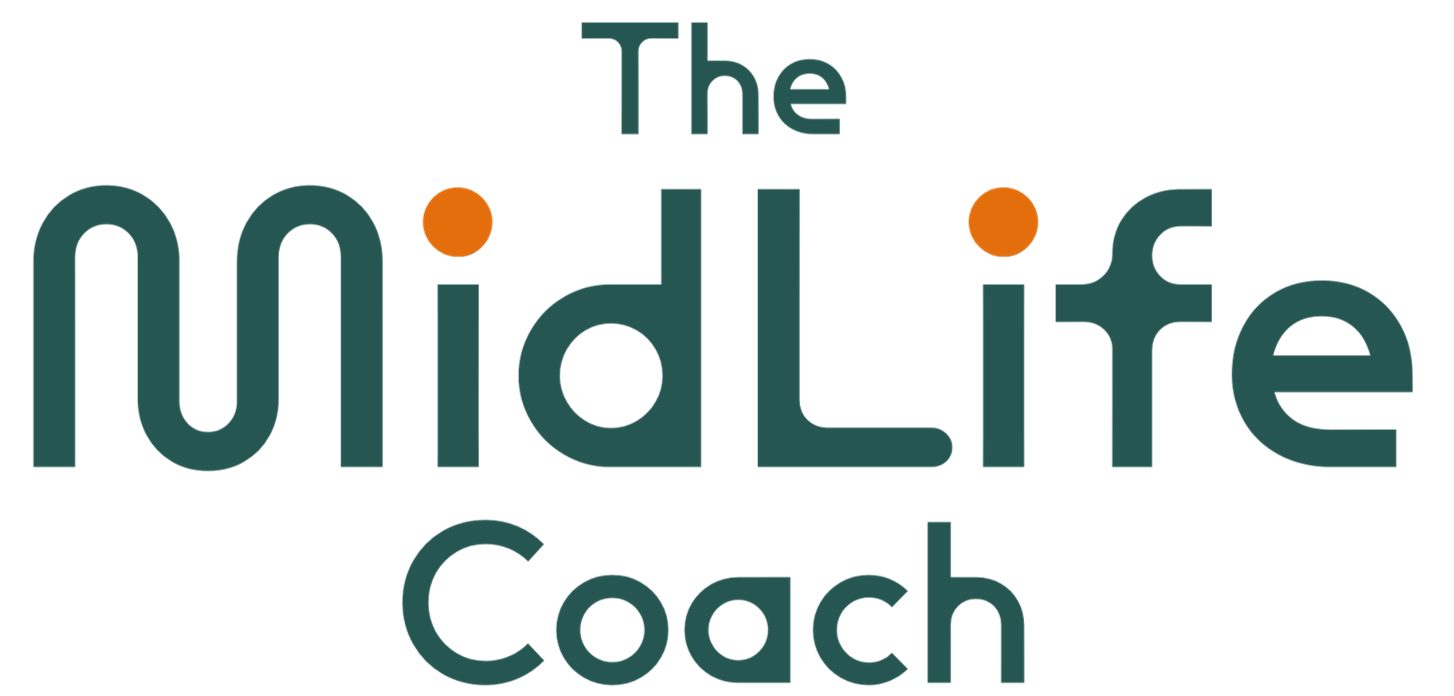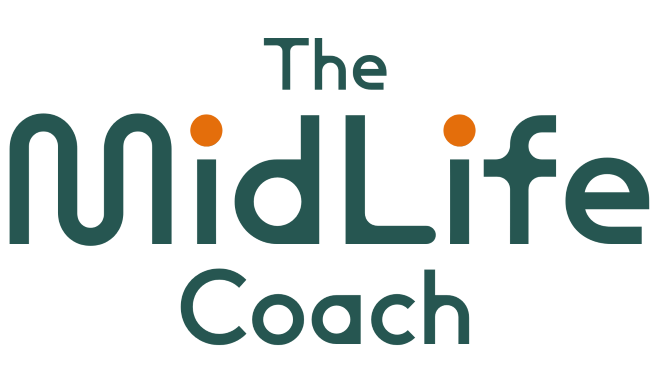Manopause. Menopause. Whatever.
In my last blog post in Surviving Midlife, where I explored the question ‘No such thing as a Midlife Crisis. Or is there?’, I ended with the insight from economists, such as Professor Andrew Oswald of the University of Warwick, that the answer required a ‘natural sciences perspective that is currently missing’. In this post, I’ll be exploring the medical or physiological view of the male midlife experience, whether the Manopause even exists, and if so what if any connection is there to (pet hate term) the Midlife Crisis, and the horrendous rate of suicide in midlife men.
I’d like to start with an admission. When I was choosing my GCSEs back in the day, I went to a parent-teacher evening, where my folks could discuss the school’s views on my capability in each subject. It was a fee-paying school, so the focus was very much on maximising their grades, as opposed to my thoughts or feelings on the matter. When the topic came to the sciences, my tutor quickly expressed the school’s opinion that I should take only one, and then only because I had to. What followed was effectively a pitch from the Chemistry, Physics and Biology teachers as to why it shouldn’t be their subject. Biology lost out, and I still remember the look of dejection on the face of the Head of Biology, as he mentally crossed a pass off his year-group grade tally!
Which is all a really long-winded way of saying that my knowledge of anything to do with the human body or the world and Universe in which that body exists for a time, is poor. Very, extremely, poor. So what does that mean for this post – well the good news is that I’ll be making no assumptions over what you, the reader, knows; and also I’ll be asking some really dumb questions – which may, it turns out, be the very questions that need to be asked.
Let’s start at the beginning: it has long been established that men and women are different. Something about Venus and Mars – but as I say, my knowledge of the Universe is shaky. What seems certainly true is that from the time doctors and scientists accepted they were different, research into the changes that a male and female body go through as they age followed two very separate paths.
Back in 1821, a French physician (with a staggeringly French name), Charles-Pierre-Louis de Gardanne, coined the term ‘menopause’ and recognised it as a ‘deficiency disease’ affecting women from their 40s. But that’s all the credit that we’re going to give him, as what that deficiency was remained unclear. As therefore did the advised therapies which included ‘testicular juice and the crushed ovaries of animals’ – which sounds like a food trial in Celebrity Get Me Out of Here.
It wasn’t until the 1970s that the menopause was medically linked to oestrogen deficiency and hormone replacement therapy (HRT) was prescribed; and slowly from then to now, a deeper understanding of the menopausal (and perimenopausal) experience, both physiologically and psychologically, has occurred and continues. Only this week the all-party parliamentary group on menopause (APPG) criticised the Government’s current support as “completely inadequate”, advising that the NHS should provide a free health check to all women at 45 and that HRT prescriptions should be free, in line with much of the rest of Europe – and in 5 days’ time on the 18th October, it will be the 14th annual World Menopause Awareness Day.
I think we can all agree that this progress, whilst slow and hard-fought, has resulted in staggering changes in the midlife experience of women. There is better understanding, better support both in communities and very much more recently in workplaces, and more research resulting in more options.
In contrast, how far have we got into understanding male midlife physical changes?
Well let’s put it this way, when I googled ‘Manopause’, the results page was actually for Menopause – the search engine assumed a typo was more likely than a valid search. Even when I corrected the search, the results were not good. The first result was from the NHS who in that wonderfully patronising British superiority so beloved of Gov.uk, started by stating that the manopause is ‘an unhelpful term sometimes used in the media’. Ugh, the ‘media’, how terribly common. It then goes on to say that any symptoms that might be thought of as connected to the manopause is actually most likely just stress or anxiety or possibly a ‘midlife crisis’. It then has a helpful link to ‘find out more about the male midlife crisis’ which takes you to a page which doesn’t even mention the term but suggests a more balanced diet and lifestyle. Thanks. Super helpful. Now I feel all stupid and everything, I’ll definitely make sure I bottle it all up.
Below the NHS link are a series of useful questions such as ‘What age is Manopause?’ which links to a page about… menopause. Or ‘What should a man do during menopause?’ – which describes ways in which guys can help their wife or partner through her menopause.
And the results for ‘andropause’ – did you even know that this is a term for male menopause? – aren’t much better – still kicking off with the NHS link. Even if you combine the search results for ‘andropause’ and ‘manopause’ you get 3 million results – for ‘menopause’ you get 233 million.
So does all this apathy and denial simply signify that it is wrong to compare male midlife changes with female ones? That, as the NHS suggest, the male aging experience is a psychological or societal one rather than a physiological one?
Not according to Dr Jeff Foster – enlightened GP, Medical Director at H3Health.co.uk and author of ‘Man Alive: The health problems men face and how to fix them’. I came across Jeff after my wife pointed me in the direction of a podcast he was a guest on – The Liz Earle Wellbeing Show – where he had discussed Men’s health and the ‘manopause’. The interview with Jeff and his explanation for what is actually happening to men hormonally during midlife was incredibly enlightening and reassuring at the same time. Here is a man who from his experience as a GP recognised that where women’s health services has made the critical jump from isolated disciplines based on parts of the body, male health still exists in these silos – we see a heart doctor or a gut doctor or a urologist and so on.
Whereas the concept of a Well Woman Clinic that considers their patient holistically, is firmly established, the same is not true with men. And as a result these midlife physiological changes which manifest in different symptoms can be missed, or in the case of the manopause, simply not even be properly researched.
When it comes to the manopause, Jeff is a believer. Or at least, he is a believer in the impact of testosterone decline on male health, both physical and mental. Not in the same dramatic form in which women experience oestrogen decline during menopause, and also not in such a universal way in the numbers it affects – but none the less, he not only sees testosterone deficiency as being a factor, he sees HRT in men as an important solution to these symptoms.
So what is known about testosterone decline and the symptoms it can cause? Jeff explains that men reach peak testosterone around aged 30. However this peak is of different scales for different men. It does however provide their optimum benchmark against which the later decline can be tracked. And that decline happens at around 1-2% per year. Which means that come 50 some men are experiencing low testosterone and the array of connected symptoms: fatigue, low sex drive, decreased muscle mass, mood swings – plus the behaviours and feelings that are connected to these such as: low self-esteem, anxiety, depression, frustration and anger.
It does not take a massive leap of imagination to appreciate that a 50-year-old man who is suffering from mood swings, weight gain and decreased sex drive might feel apathetic, frustrated and angry. It’s then not a big leap to see him in a society that deems these feelings negatively (try searching for these symptoms and you’ll quickly find a diagnosis of Irritable Male Syndrome – I kid you not) and add in a lived experience of ‘manning up’ and ‘boys don’t cry’ and a culture where men find sharing difficult – and you have all the ingredients for a depressive spiral that can lead all the way to attempting suicide.
Dr Foster is not alone in the work he does – there are other private clinics such as The WellMan Clinic in London – that provide a holistic approach to the male aging process that includes testosterone replacement therapy and prostate screening for example. But it’s fair to say that we’ve a long way to go to catch up with the medical, cultural and societal advances that have been made in female midlife understanding and support.
For me, I am left with a sense of relief that the conversation is starting whilst equally alarmed at the dismissive approach of the NHS, who will inevitably be the front door to most men seeking help. That we need to include the physical aging process into our appreciation of the male midlife experience seems so obvious. And is critical if we are to make any headway into reducing the amount of male midlife suicide – and helping more men in general live a happy and fulfilled second half of life.




